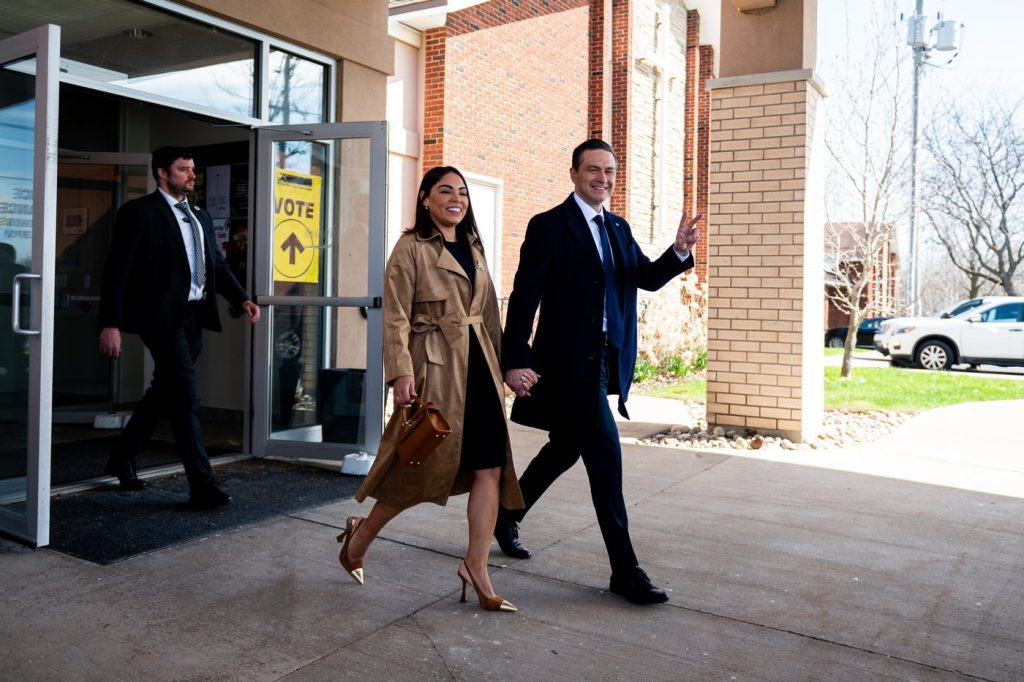City committees approve new rules for short-term rentals in Ottawa
Posted Apr 22, 2021 07:01:00 PM.
The City of Ottawa is one step closer to establishing new regulations which would govern short-term rentals across the city for the next three years.
At a joint meeting, Thursday, April 22, the city’s Planning Committee and Community and Protective Services Committee approved a new by-law that would establish a host permit system for local short-term rental hosts, as well as rules for short-term rental platforms and property managers. The committees also approved revised zoning needed to implement the new by-law.
City Council approved a strategy in November 2019, asking staff to develop regulations for short-term rentals in order to protect housing inventory for Ottawa residents.
In line with that strategy, the regulations restrict short-term rentals to principal residences in urban residential zones and rural villages.
The city says short-term rentals outside an operator’s principal residence would only be permitted in certain rural areas, outside of villages. Such properties would be defined separately as cottage rentals and could be permitted within rural vacation homes, cottages, secondary suites and coach houses in rural areas where they would have minimal impact on land use and housing inventory.
The city explains that the by-law looks to place the bulk of accountability on the local host, as a resident in the community. They would need to obtain a host permit from the city, proving the property being rented is their principal residence. Hosts would need to provide guests with instructions about waste management, parking, community nuisances and safety, and have valid insurance that specifically covers short-term rental activity.
Violations of the by-law may result in fines for both guests and host.
The by-law would enable the city to issue fines up to $100,000 each day that an offence occurs. In addition, the city says it could suspend or revoke a host permit for violating the by-law.
To help enforce the by-law, the city would look to hire six temporary full-time equivalent positions, funded on a cost-recovery basis through user fees and the Municipal Accommodation Tax.
Recommendations from Thursday’s meetings will go before city council on Wednesday, April 28.








